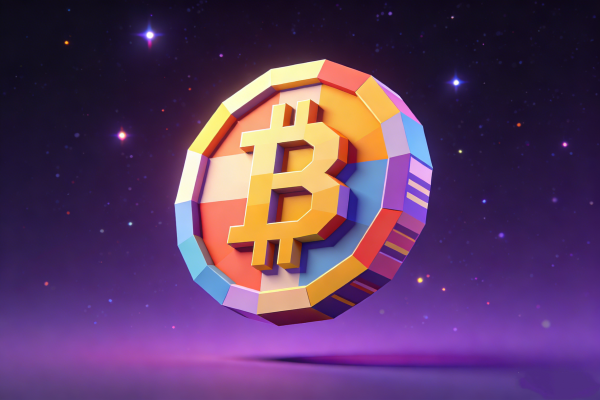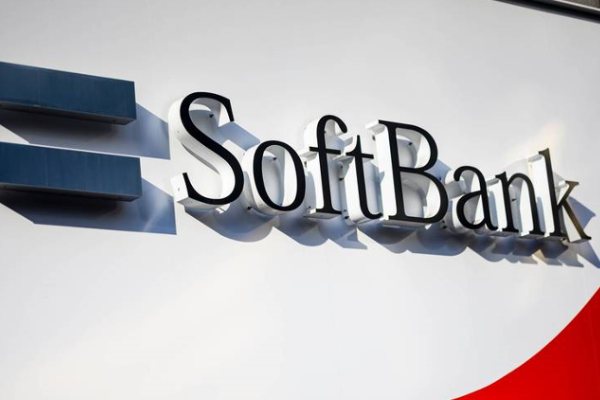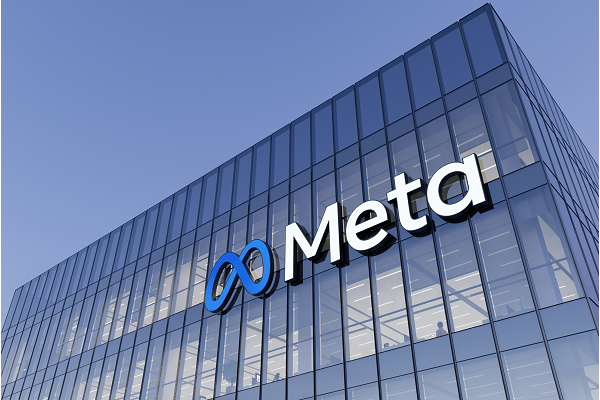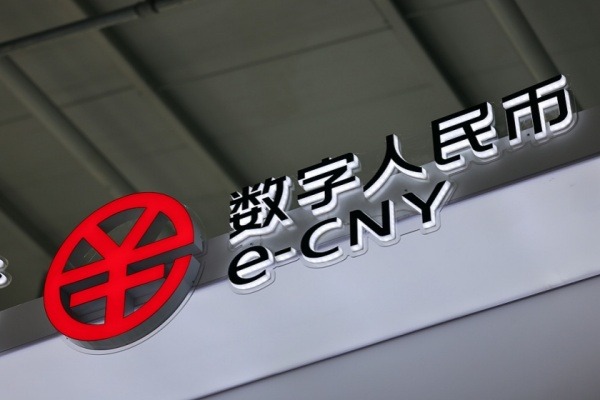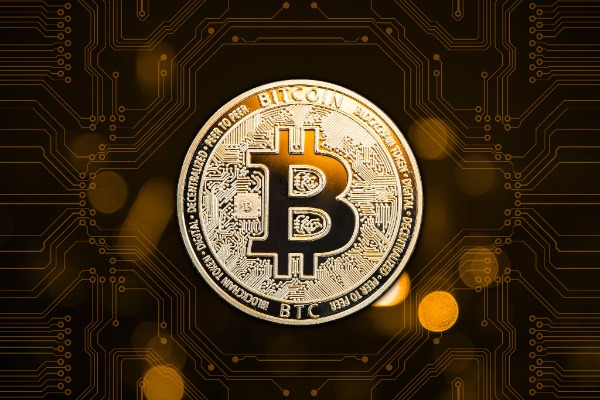How does blockchain work? Blockchain explained
Think of blockchain as virtual blocks filled with data that are cryptographically linked together to form a traceable digital chain. Computers that help update, manage, and verify blockchain information are called “nodes.”
When someone initiates a blockchain transaction, it is broadcast to the entire blockchain network. Each node then verifies the transaction to ensure that the sender has sufficient funds and is not trying to fraudulently spend the same transaction twice.
Once verified, the transaction is added to a new block, which is then submitted to the blockchain ledger, forming a chronological record of transactions.
Because blockchain can use specialized mechanisms to reach consensus among distributed computers, it does not require centralized oversight like traditional ledgers. This is what makes blockchain decentralized.
Developers program blockchain protocols, which typically automatically issue financial rewards to those who follow the rules and penalties to those who do not. This programmatic incentive mechanism allows blockchain to operate without human management.
Blockchain in Detail
Blockchain technology is a decentralized, secure system that stores tamper-proof data and verifies it through a network of computers.
Each block in a blockchain has its own unique identifier and is cryptographically linked to the next block, making it nearly impossible to tamper with a committed block.
These unique identifiers help ensure the integrity of the information stored in the database or ledger. The combination of miners or stakers behind each network makes cryptocurrencies more resilient to attacks, providing greater data security.
Enhanced security is a key factor in blockchain technology building trust among users. This is particularly evident in the cryptocurrency industry and related areas such as decentralized finance (DeFi), smart contracts, and non-fungible tokens (NFTs), where blockchain plays a core infrastructure role.
Before diving into the technology, it is important to understand the main characteristics of blockchain.
At its core, blockchain technology is...
Auditable: Data stored on a blockchain can be easily traced and verified.
Distributed: Blockchains are generally designed to avoid control by a single entity. They are usually managed collectively by a large number of volunteers.
Immutable: Once a transaction is recorded on a ledger, it cannot be changed (or it must be agreed to by at least 51% of the nodes).
